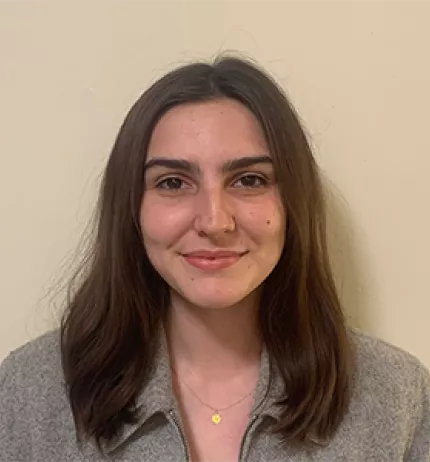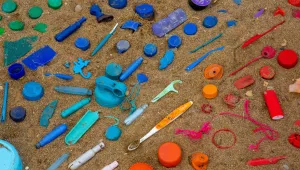
Phoebe Fallon
Phoebe Fallon is a Research Assistant for the Green Hydrogen and Energy Value Chains in the Transition to a Low Carbon Economy Project at the Belfer Center's Environment and Natural Resources Program. A senior at Harvard University studying Environmental Science and Public Policy, she is particularly interested in system wide sustainability initiatives in the energy and waste management sectors. She is currently researching plastic, and its potential as a feedstock for hydrogen production. Fallon is the co-author of the white paper "Avoiding a Plastic Pandemic: The Future of Sustainability in a Post COVID-19 World" (2021), and a contributing author to the G20 report on Hydrogen, "Mission Hydrogen: Accelerating the Transition to a Low Carbon Economy" (2021).
-
Research Assistant, Green Hydrogen and Energy Value Chains in the Transition to a Low Carbon Economy Project


